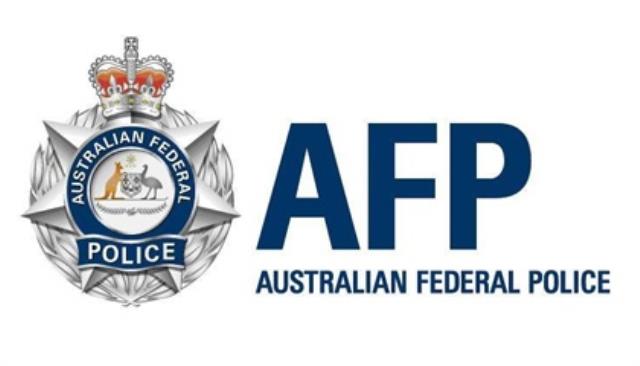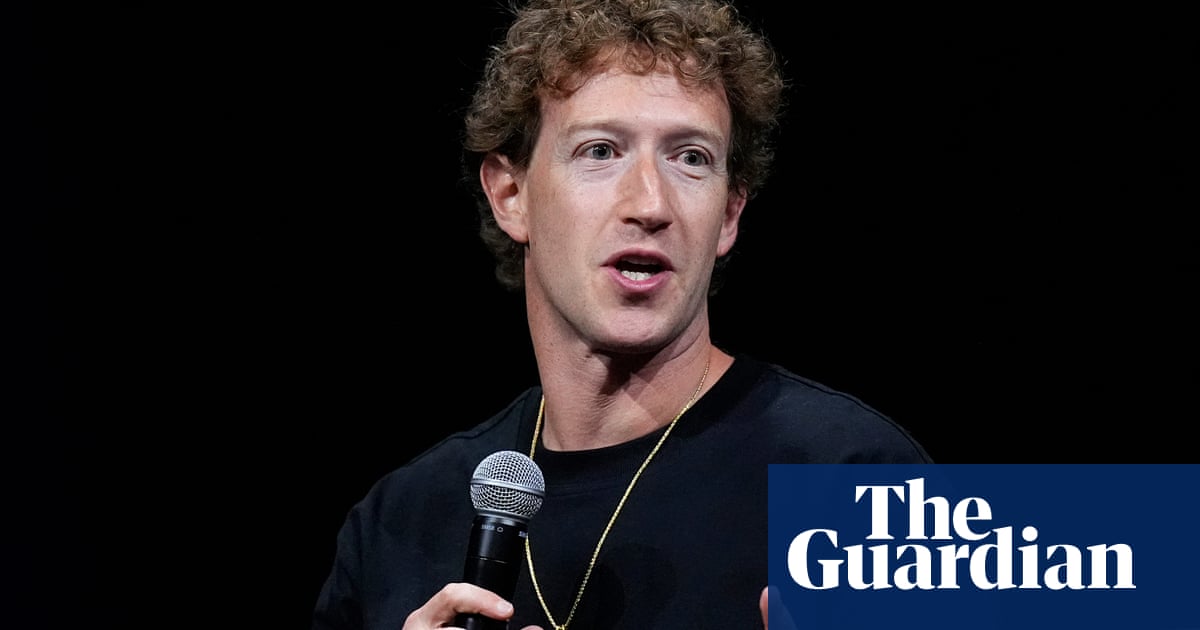Pay up by January 1 or face huge penalties, government tells Zuckerberg

- by Admin
- December 12, 2024

If tech firms refused to strike content deals, any money collected by the government from the charges would be dispersed directly to media companies. The government has yet to determine the amount of the charge, how much it would be reduced by payments to the media, or how money would be distributed to the media.
But Jones and Communications Minister Michelle Rowland have committed to funding media businesses at least at the same level as the current deals, which have been estimated at nearly $1 billion over four years from Meta and Google combined.
Loading
Meta, Google and TikTok would all fall within the scope of the charge, referred to as a news media bargaining incentive, as they earn Australian revenue of more than $250 million. Labor has not yet decided whether Apple, which runs Apple News, and Microsoft, which owns LinkedIn, would be captured.
“A strong and diverse news sector is vital for our democracy. The rapid growth of digital platforms in recent years has disrupted Australia’s media landscape, and it is threatening the viability of public interest journalism,” Rowland said.
“We need to get the parties back to the table.”
A Meta spokesperson said it agreed with the government that current legalisation was flawed but was concerned the proposal charged one industry to subsidise another.
“News publishers voluntarily choose to post content on our platforms because they receive value from doing so,” the spokeswoman said.
Meta, Google, Microsoft, TikTok and Apple combined generate more than $10 billion in revenue from Australia annually while almost all traditional media companies have cut jobs over the past 12 months as advertisers scaled back their spending.
The government could have used existing laws to encourage tech giants to pay for news under a process called “designation”, which would have triggered an arbitration process if the parties did not agree on a payment.
But the government ignored pleas from News Corp, Nine and Seven West Media to do so because it was concerned Meta would simply remove news material and escape the rules. Stripping news would have crippled smaller outlets that rely on social media to reach audiences.
Loading
The new charge would apply even if platforms refused to carry news, getting around Meta’s threat.
News Corp Australasia boss Michael Miller welcomed the government’s reworked bargaining legislation, saying it provided a foundation to rebuild Australia’s media industry after an estimated 1000 job losses this year.
News Corp would contact Meta to restart commercial negotiations, as well as TikTok to begin negotiations for an agreement, Miller said in a statement.
“I believe news publishers and the tech platforms should have relationships that benefit both parties on commercial and broader terms, and the government has set a clear timetable to conclude discussions,” Miller said.
Acting Nine chief executive Matt Stanton welcomed the announcement, saying it was a first step to ensuring the company was fairly compensated for the material it produced.
“We’re looking forward to working collaboratively with the government over the coming months to ensure the framework produces the best possible outcomes for our business, our people and our audiences,” Stanton said in an email.
Seven West Media boss Jeff Howard welcomed what he called a strengthening of the original code, under which the company had commercial deals with both Google and Meta. He said the updates ensured media companies were fairly remunerated for news production.
“An enhanced news bargaining incentive means trusted and reliable news will continue to appear on these platforms, combatting the growing problem of misinformation and disinformation,” Howard said.
A spokesman for Google said the company had extensive commercial deals with Australian publishers and was committed to renewing them when they expire. Any new laws should reflect Microsoft, Apple and Snapchat’s role in providing news, the spokesman said.
“The government’s introduction of a targeted tax risks the ongoing viability of commercial deals with news publishers in Australia,” he said. “We are reviewing today’s announcement and will have more to say once we’ve assessed the full impact.”
Cut through the noise of federal politics with news, views and expert analysis. Subscribers can sign up to our weekly Inside Politics newsletter.
The Latest News
-
December 25, 2024‘Stops riots outside the Members Stand’: Aussie skipper backs cult hero for big MCG return
-
December 25, 2024Sam Konstas is the right player at the right time for Australia. Here’s why
-
December 25, 2024Christmas at the ‘G! Aussie stars and family lap up big day
-
December 25, 2024‘They’re the idiots who picked me’: Aussie skipper’s hilarious message to relieve pressure on new opening sensation
-
December 25, 2024Boxing Day NFL on Netflix: What time is Beyonce performing in Australia? | Sporting News Australia





